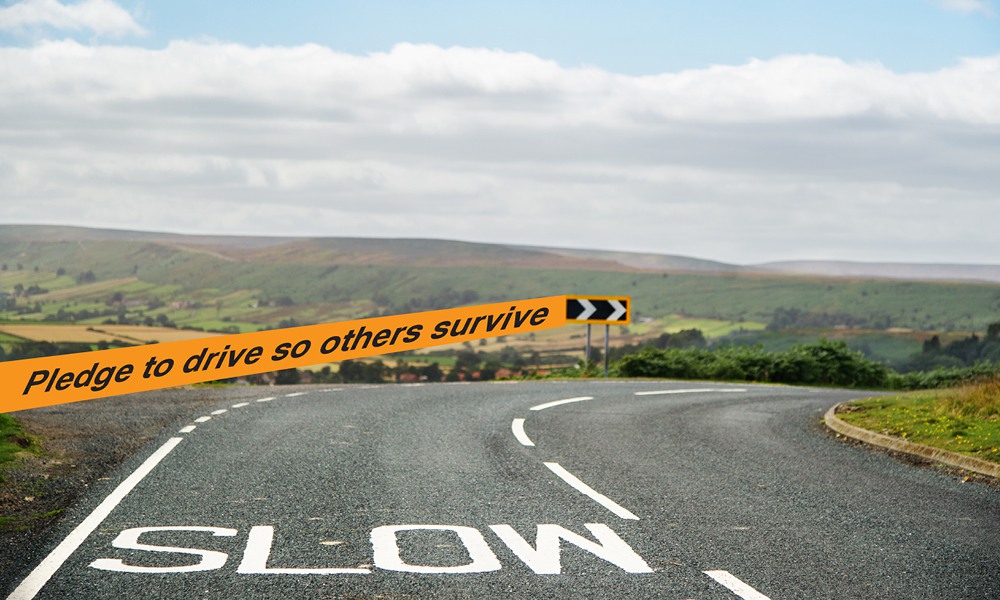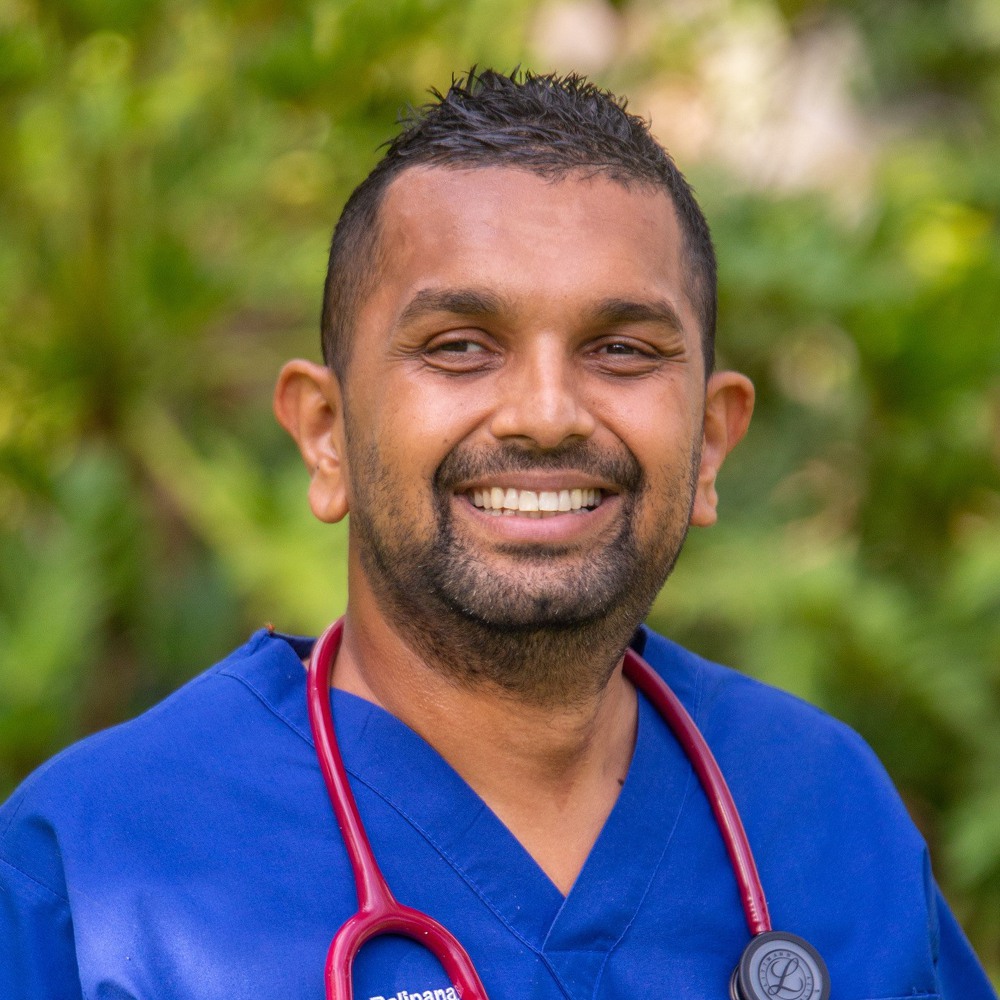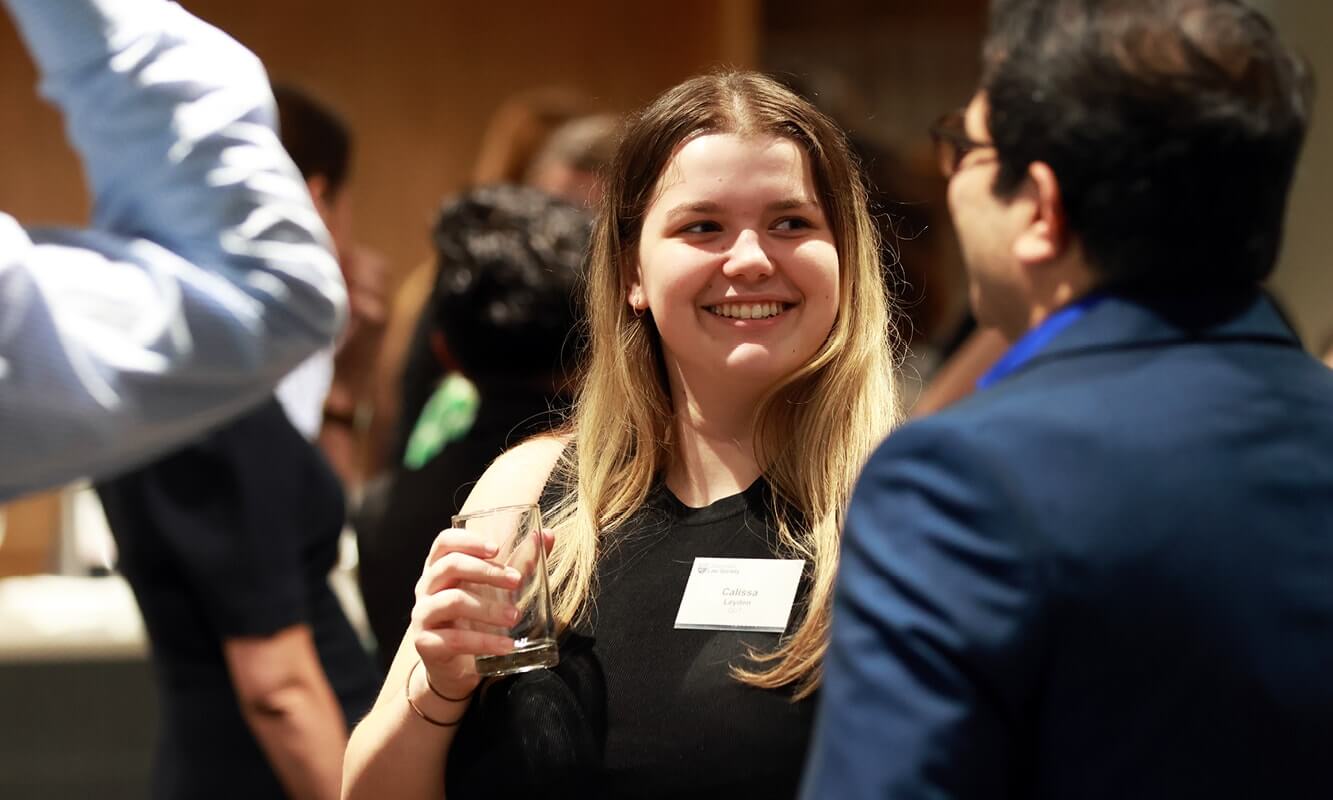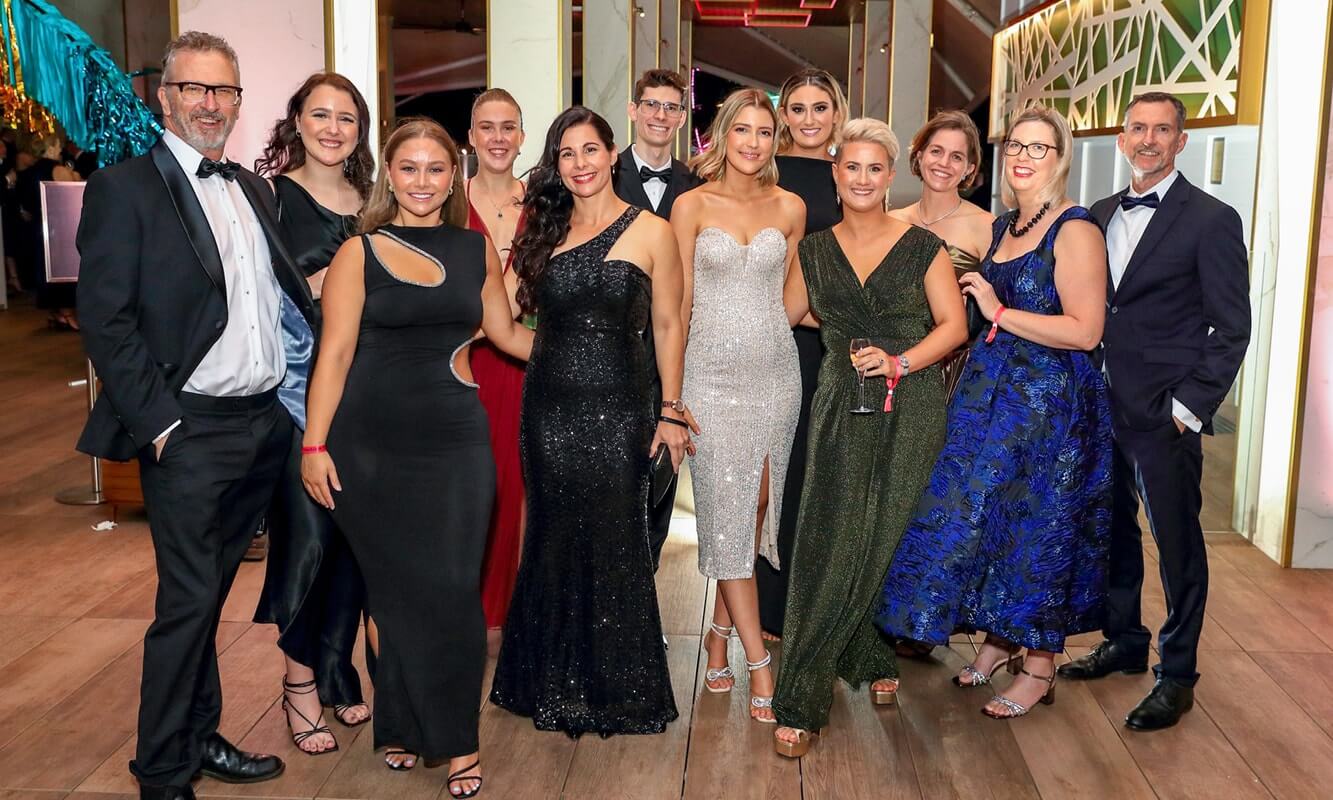Transportation plays such an important role in our daily lives, despite being a leading cause of injury in Australia.
In 2021, 274 people prematurely lost their lives on Queensland roads, and in 2022, the state has already hit an unacceptable and grim death toll of 88 people. Transport accidents contribute to approximately 12% of injury hospitalisations and 10% of injury deaths, but many of them could be so easily avoided.
While it is incredibly important to do everything in our power to decrease the number of transport accidents, the long-term impact of an accident is still the reality for people like Dr Dinesh Palipana OAM. I had the privilege of speaking to Dinesh about his accident and the impact it has had, and continues to have, on his life.
Dr Dinesh Palipana OAM
On 31 January 2010, Dinesh, who was halfway through medical school at the time, was driving from Brisbane to the Gold Coast in very wet conditions. At about 8pm, he was approaching roadworks on the Gateway Motorway, when he hit a shiny black patch on the road and lost control of his car. His car spun and flipped through the air. When his car eventually stopped rolling, he realised he couldn’t feel or move his legs or fingers. As a medical student, he immediately knew his spinal cord had taken a hit.
When the fire truck arrived, they too hit the same patch on the road and lost control of the truck, but fortunately didn’t crash.
Despite a cervical spine injury which led to quadriplegia, and after a long stint in hospital and rehabilitation, Dinesh went back to medical school at the end of 2014 and graduated in 2016. He now works as an emergency department (ED) doctor.
Dinesh offers a unique perspective with his lived personal experience alongside his role in a busy emergency department. Every day, health professionals witness the tragic consequences of road trauma – sometimes accidents are unavoidable, but often road safety is ignored and devastating, avoidable accidents occur.
Road safety has always been at the forefront of my mind. I’ve seen patients throughout my nursing career who were being rushed through the emergency department doors after being involved in a transport accident. Family members would rush in behind them, uncertainty and sadness plastered all over their faces. As an ED doctor, Dinesh is regularly confronted with the impacts of road trauma firsthand.
“I get a window into humanity every single day,” he said. “People come into the ED from road trauma, and they come from a huge range of backgrounds – poor, wealthy, drug affected or alcohol affected.
“A transport accident is equalising in so many ways. At that moment, it is only the initial physical injury. Everyone is equal, but when they start to heal from that physical injury, there are so many other challenges that we cannot predict.
“The spectrum of injuries is so large, but the challenge is when they have this injury and start to rehabilitate – the social challenges, getting back to work, families breaking apart, inaccessible housing and the significant financial impacts.”
During my time as a chronic pain nurse, many of my patients had been involved in a transport accident that had resulted in long-term medical conditions and long-lasting pain. Upon the initial consultation, I would listen to my patient recount the tragic and life-changing accident that led to their chronic condition. A flurry of common factors continued to become evident from these stories; inattentiveness, intoxication, speeding, vehicle defects and reckless driving – the main causes of transport accidents on our roads.
Now in my role as a compensation lawyer at Travis Schultz & Partners, I am seeing the impact of transport accidents from a different perspective – the financial strain, the ongoing disability, the psychological trauma and the psychosocial impacts on individuals and their families.
Dinesh’s accident impacted him in so many different domains, including physically, socially, financially, and emotionally.
“It changed everything in my life,” Dinesh said. “The most obvious is the paralysis, but there are many hidden things too. As well as not walking, I cannot use my fingers, I cannot feel my body.
“I have problems with my cardiovascular system such as my blood pressure often being low. I cannot control my body temperature, I cannot breathe like I used to as my lung function is at about 35%, and my sleep and concentration is impacted.”
As the accident was a single vehicle crash, there was no compulsory third party insurer involved, which meant the financial impact on Dinesh and his family was substantial. The costs associated with his injury were innumerable. The cost of a wheelchair alone is about $20,000 and NDIS was not an option at the time. It wasn’t until 2015 (five years after his accident) that Dinesh received some financial support.
The Queensland Road Safety Strategy for 2022 – 2031 takes a bold new approach to road safety by taking on the complex social factors that play out on our roads. The strategy leverages new technologies and data, while continuing to support road safety interventions that are proven to work, such as strong deterrence, enforcement and education programs, and improved road safety infrastructure treatments. Together, these initiatives will set Queensland on a path to achieving our vision of zero serious road trauma by 2050.
As Dinesh and I reflect on National Road Safety Week for 2022, having seen the impacts of transport accidents from many different perspectives, we have an overwhelming aspiration to make our roads a safer place, for us all and for generations to come.
I asked Dinesh the message he wishes he could give to other motorists.
“When driving on the road, we sometimes fail to appreciate just how dangerous something that weighs more than a tonne can be, if we are not careful with what we are doing,” he said. “It is so much easier to be safe and try to avoid accidents, such as speeding, taking risks on the road, and driving vehicles that aren’t well maintained.
“Accidents do happen. They devastate people’s lives and people who are around them. We see these injuries happen all the time. If you want to get from A to B, do it safely – don’t risk your lives, it is not worth it.
“Sometimes we think that ‘it isn’t something that would ever happen to me’. I never ever imagined that it would happen to me, but it did.”
For those who are suffering the long-term impact of road trauma, Dinesh offers some advice.
“I know that it is devastating and how hard it is to come out of it,” he said. “You have no control of what is going to happen.
“When I was recovering, someone told me about the poem ‘Invictus’ by William Henley. No matter how hard life gets, you will not bow down. You are the master of fate, and you cannot bow down. When we are dealt these fates, we must remember that.”
To spread the message of National Road Safety Week, I encourage you to “pledge to drive so others survive”:
- I pledge to drive as if my loved ones are on the road ahead.
- I will remove all distractions and never use my mobile phone while driving.
- I will not put other people at risk by speeding, driving while tired or under the influence of alcohol or drugs.
- I will protect all vulnerable road users, especially those whose job places them in harm’s way, by slowing down and giving them the space they need to be safe.
You can learn more about road safety and make your pledge via the Road Safety Week website.
Travel safe!
Libby Thomas is a lawyer at Travis Schultz & Partners.















Share this article